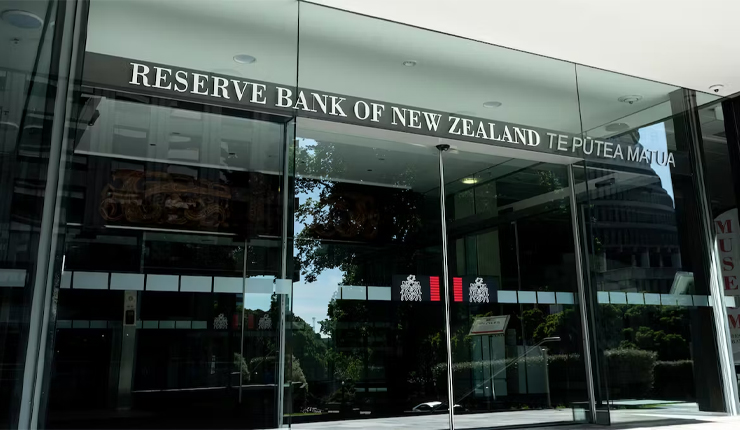The Reserve Bank of New Zealand has hiked the country’s benchmark interest rate to be 5.25 percent, its 11th time in a row, amidst the escalating inflation, which reached 7.2 percent, the bank announced on Wednesday.
The hike exceeded the central bank’s target level of two percent, making the interest rate New Zealand’s highest since the global financial crisis in 2008. The country’s interest rate is one of the highest rates in first world countries.
New Zealand’s hike comes after Australia’s central bank pausing raising its interest rates on Tuesday, leaving it at 3.6 percent.
Inflation rates in New Zealand have been soaring, as the employment rate is over its maximum sustainable level, with unemployment rate going as low as 3.4 percent, the Reserve’s Bank’s Monetary Policy Committee stated.
“New Zealand’s economic growth is expected to slow through 2023, given the slowing global economy, reduced residential building activity, and the ongoing effects of the monetary policy tightening to date, this slowdown in spending growth is necessary to return inflation to target over the medium-term,” said the Committee.
The country’s currency rose as a result of the rate hike, making 1 New Zealand dollar trade at $0.64. The hike also caused the borrowing costs for consumers on everything, from credit cards to mortgages, to increase.
“Mortgages are just one aspect of the economic pain that is coming, something has to break if the Reserve Bank continues with these hikes and the next thing will be job losses,” said David Seymour, leader of the libertarian ACT Party.
New Zealand was recently hit with a disastrous cyclone in February that claimed the lives of 11 people and caused damages to homes and infrastructure worth billions of dollars.


